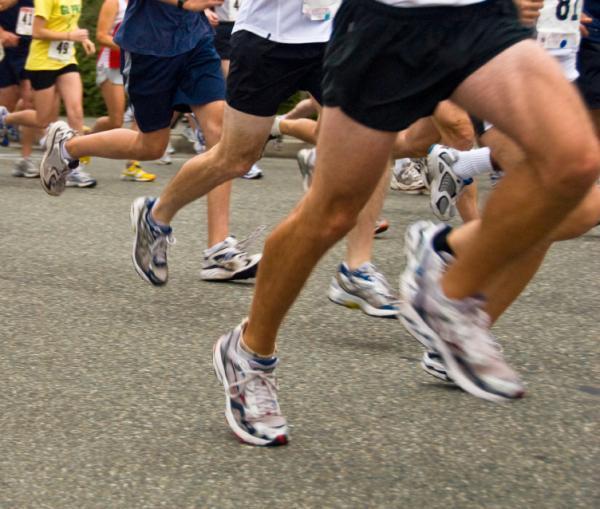The Truth About Exercise-UCLA School of Medicine
Combined with a wise diet, exercise is absolutely vital to gaining and maintaining good health, and it's never too late to begin.
Everyone has heard it a thousand times: We need regular exercise to get healthy and stay healthy. Yet judging from the obesity and widespread health problems directly connected to lack of exercise in America, the message either isn't getting through, or it's being excused out of mind. If you're already following a regular exercise routine, bravo. If not, but you're still interested in knowing about the single best way to counteract the effects of aging, read on.
Reasons to Exercise
The three main goals or exercise--cardiovascular health, muscular fitness, and flexibility--have a trickle-down effect in many areas, and there are new studies almost everyday that testify to these truths: Cardiovascular conditioning strengthens the heart and lungs, which in turn improve blood circulation and oxygen intake and absorption. This means that you can breathe better, heal better, sleep better, and rid yourself of disease and infection more easily. Blood vessels in the brain are also part of this system, of course, so you will probably find that your mind works better, too. An added benefit that takes place after and often during a workout is the body's release of endorphins, which reduce pain and give a sense of well-being and happiness.

Meanwhile, strong and supple muscles forestall a host of ills, including back problems, joint problems, and osteoporosis. The goal of strength training later in life isn't to "beef up," it's to counteract the inevitable loss of muscle mass (about one percent a year after a person reaches age 40) and allow you to lead a normal life--carrying groceries, walking up and down stairs, playing with the grandchildren--for as long as possible. Finally, flexibility joins the other components in two areas of major importance to seniors--maintaining balance and helping to prevent injury.
That pain Business
Obviously, one reason so many people avoid exercise is that it involves some self-motivation, effort, and discomfort. But there's a difference between the minor discomfort of healthy exercise progress, and the pain of injury. It's vital for your health and for the success of your exercise program that you understand the difference, so if you're new to exercise, or just long out of training, begin with your doctor's advice and the hands-on counsel of a competent trainer. The key is to start slowly, and listen to your doctor, your trainer, and your own body. Once you get a solid start, you can push yourself a bit more as time goes by. And always keep your greater goals in mind.
"Aside from improvements in physical conditioning, exercise will lead to improved mood and an overall sense of wellness," says Mark Glavinic. "Evidence demonstrates an incrased release of chemicals in the brain that make us feel good and will even decrease the intensity of pain perceived by the brain. Thus, exercise appears to be pretty powerful medicine. Unfortunately, it's not a pill that can be swallowed--it takes a little bit of effort."










 mx43
mx43